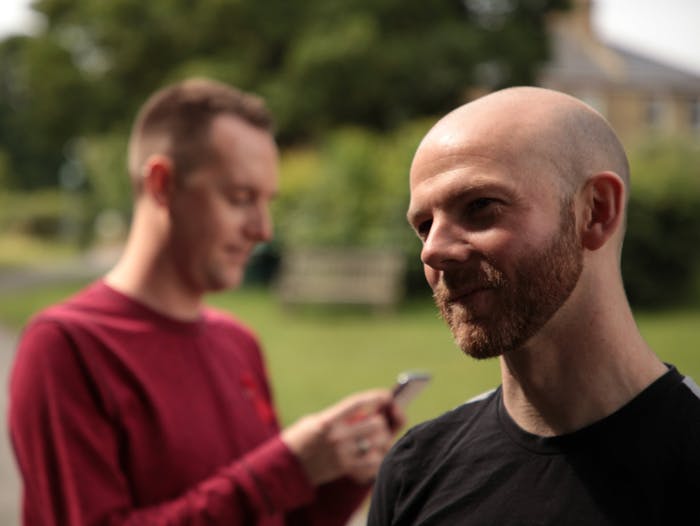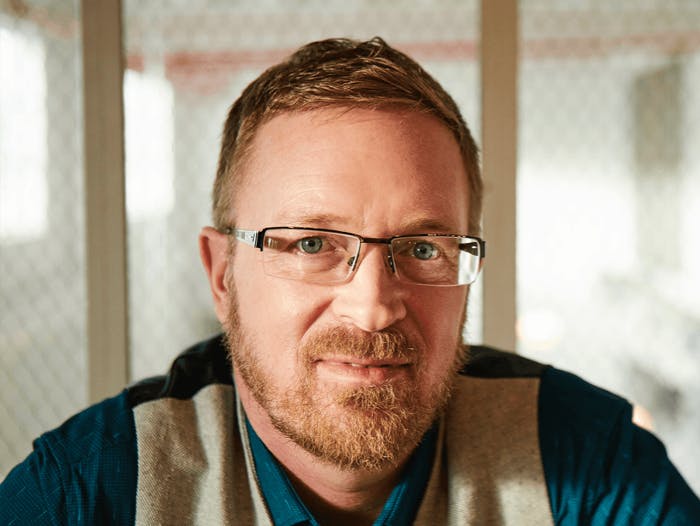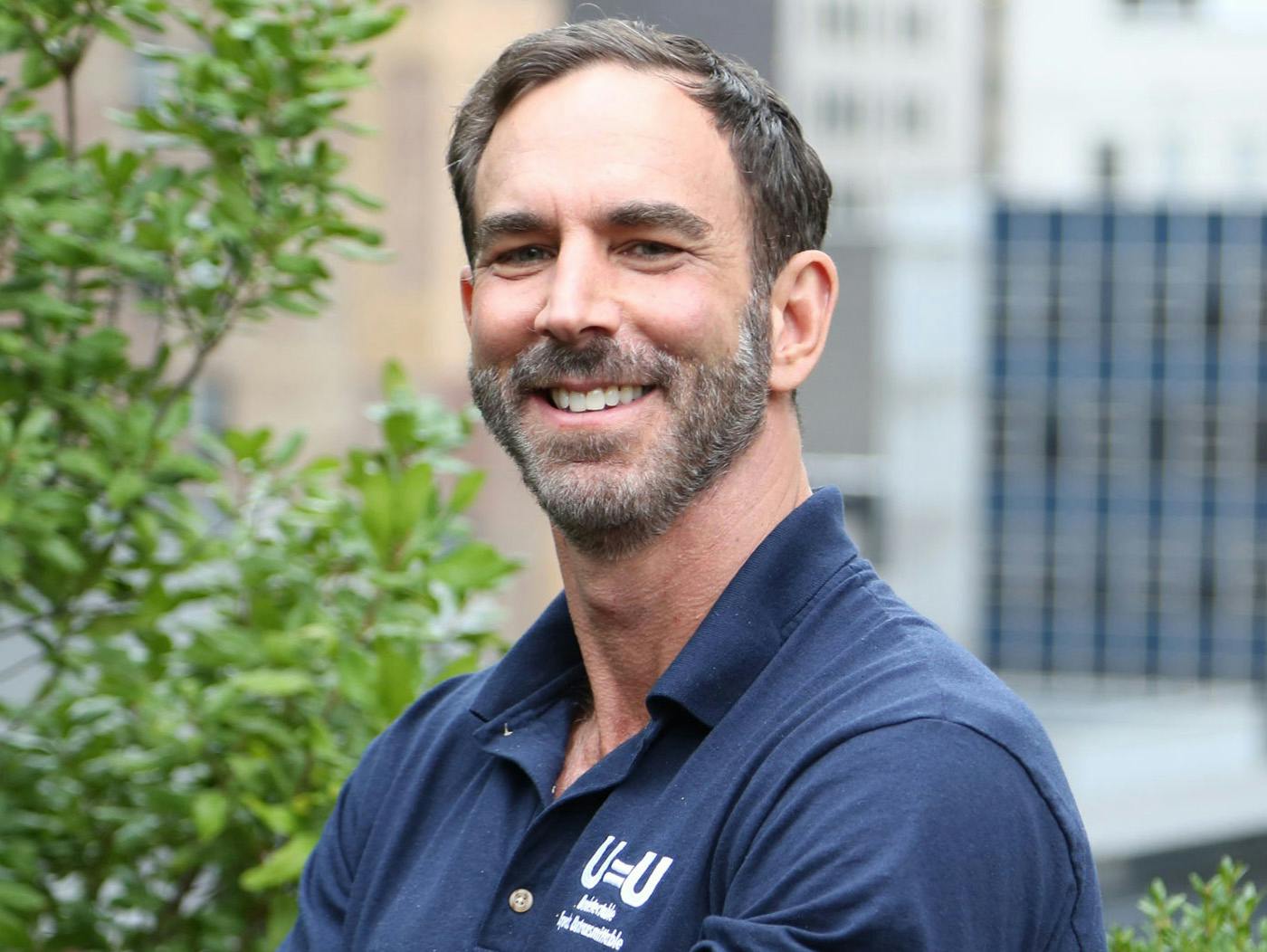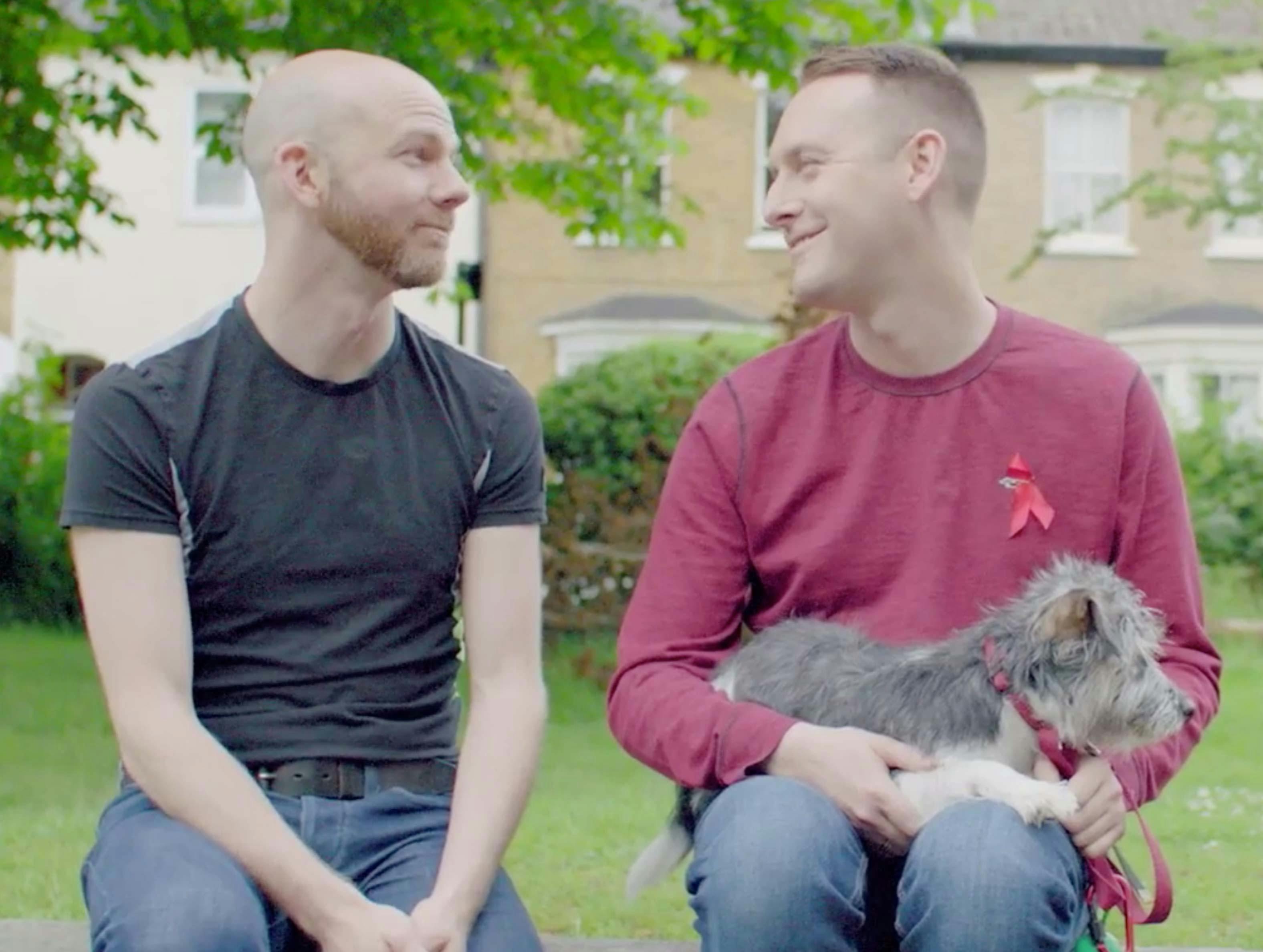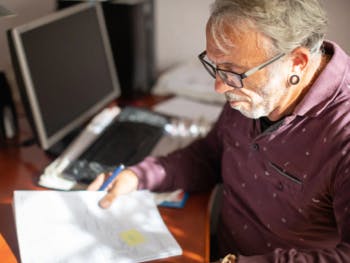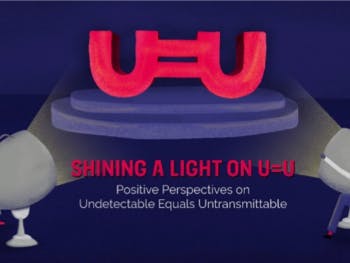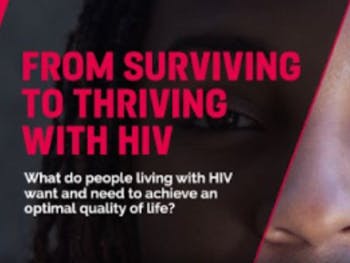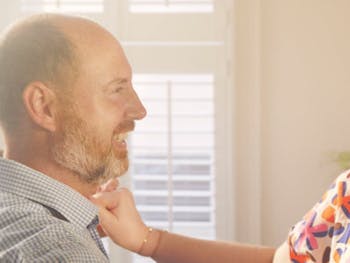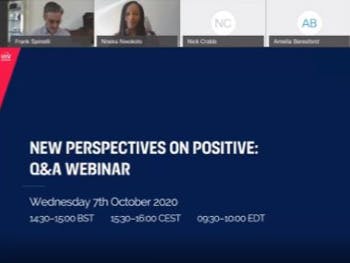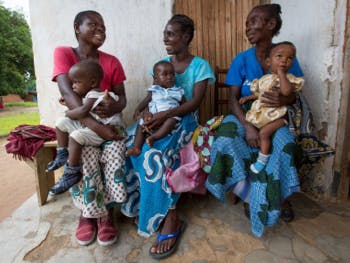OUR STORIES ON POSITIVE PERSPECTIVES
Read about the experiences of people living with HIV with explanation and segmentation of data from the Positive Perspectives studies. Positive Perspectives is one of the largest, global, HIV patient-reported outcomes studies to date...
Read about the perspective of partners or significant others on the support they provide to their HIV positive partner, the role they play in treatment decision-making and the challenges they may face associated with their partner’s HIV.
Read perspectives faced by partners of people living with HIV, as revealed by the Positive Perspectives study (Wave 1).
HIV has changed. Thanks to treatment advances, HIV has become a long-term health condition and many people living with HIV with access to treatment are now living longer, healthier lives than before. However, emotional challenges continue to impact many people’s day-to-day lives.
Advances in HIV treatment mean people living with HIV now expect longer life-expectancies. HIV care is no longer about just prolonging life, but also about ensuring good overall health-related outcomes.
Much has been done to reduce discrimination at an organisational level through anti-discrimination laws, but this varies across countries. More needs to be done to ensure that legislative frameworks are being implemented.
It is now established that if you’re on treatment and have an undetectable viral load, you cannot pass on HIV through sex. Undetectable = Untransmittable, or U=U. This simple equation has profound implications for everyone living with HIV, and for economies and governments around the world.
Hear from Garry Brough, who draws on insights from the Positive Perspectives 2 study, on the complex relationship of ageing with HIV, the importance of optimising ones treatment options and the value of focusing on the needs of the individual.
Data from the global Positive Perspectives study (Wave 2) highlight the unseen self-reported psychosocial impact that daily medication may have on some people living with HIV.
Two sponsored Positive Perspectives articles published recently in Nature and Contagion Live explore investigate ways to plan for a healthy future, from the perspectives of HCPs and people living with HIV.
Could the message of U=U, help us to end the HIV epidemic? Dr Ben Young, Head of the Global Medical Directors at ViiV Healthcare, sheds light into this subject.
Find out more about how taking multiple medications can affect quality of life for people living with HIV. Data from Positive Perspectives study (Wave 2).
The latest Positive Perspectives (Wave 2) is one of the largest, global, HIV patient-reported outcomes (PROs) studies to date and provides perspectives from a diverse group of people living with HIV across the world.
The Global Positive Perspectives Wave 2 Study is one of the largest, global, HIV patient-reported outcomes studies to date, involving 2,389 people living with HIV (PLHIV) aged 18-84 across 25 countries.
Attendees joined us from around the world at AIDS 2020: Virtual to discover the latest findings from the Positive Perspectives Wave 2 Study.
As many people living with HIV (PLHIV) can look forward to near normal life expectancies thanks to advances in antiretroviral therapy (ART), tailored support across age groups, gender and sexual orientation can have wide-reaching benefits beyond viral suppression.
Specific Positive Perspectives data in North America explored levels of communication between PLHIV and their HCPs as a marker of successful care and provided further insights into some antiretroviral treatment-related challenges.
During HIV Glasgow 2020, HIV community members and clinicians joined our live webinar ‘New Perspectives on Positive,’ where Positive Perspectives study authors and advisory committee members presented topline findings.
Listening to the voices of people living with HIV - sharing and amplifying their aspirations and unmet needs - is an important step in ViiV Healthcare’s ambition to make HIV a smaller part of people’s lives.
Sexually Transmitted Infections, a global journal from the British Medical Journal (BMJ), published results from the global Positive Perspectives study that investigated how conversations with healthcare providers (HCPs) about U=U impact people living with HIV.
Global Positive Perspectives data demonstrate a strong link between high reported engagement with healthcare providers (HCPs) and positive self-reported health outcomes for people living with HIV, yet study results also show many do not feel comfortable raising important treatment issues.
A virtual roundtable event at the European Parliament explored data from the Positive Perspectives global study and discussed how the findings can help inform policy and focus services to improve quality of life for people living with HIV across Europe.
While improvements in HIV care have been made, some people living with HIV still struggle with their HIV treatments. Results from the Positive Perspectives study highlighted barriers to adherence.
Positive Perspectives study results indicate that many people living with HIV still aspire to treatments that have even less impact on quality of life.
EXPLORE OTHER STORIES ON:
Discover how we work with leading researchers and academic groups to innovate and bring the best science to HIV treatment, prevention and care.
Explore our work with NGOs, HCPs, regulatory authorities, HIV clinics and the wider medical community to help ensure people living with HIV get the most effective care globally.
Find out how we're partnering with communities across the world to fight HIV stigma and support people living with HIV.
NP-GBL-HVX-COCO-240045 | August 2024
If you get any side effects, talk to your doctor, pharmacist, or nurse. This includes any possible side effects not listed in the package leaflet. You can also report side effects directly via the GSK Reporting Tool link https://gsk.public.reportum.com/. By reporting side effects, you can help provide more information on the safety of this medicine.
If you are from outside the UK, you can report adverse events to GSK/ ViiV by selecting your region and market, here.


